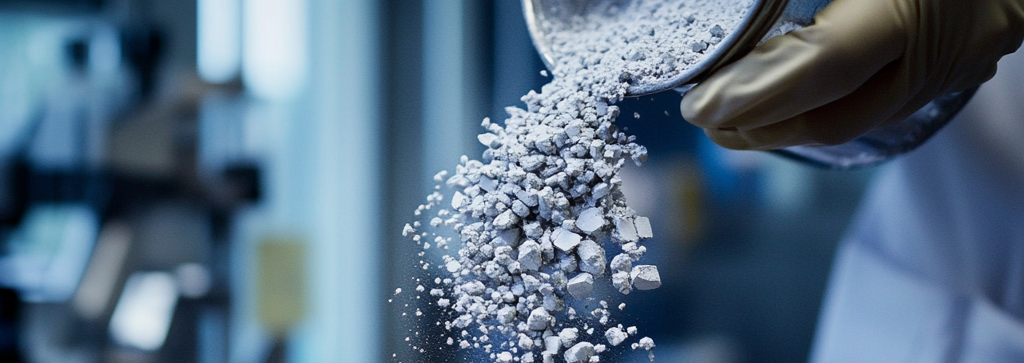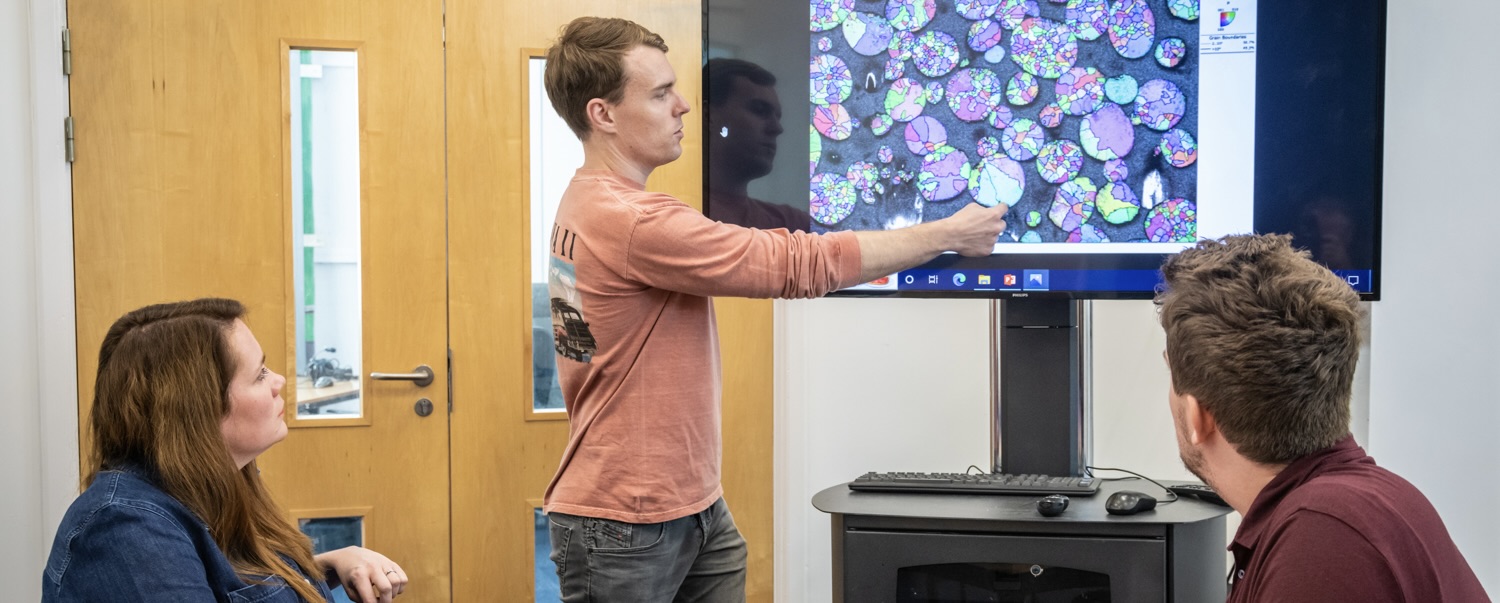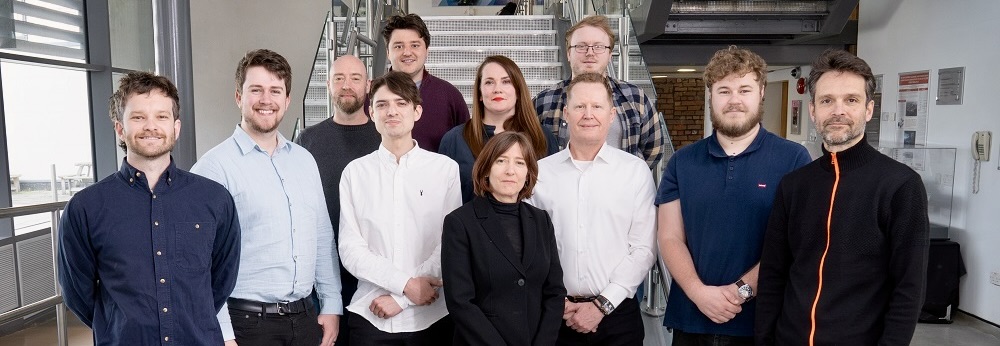A key factor in Atomik AM’s approach to manufacturing is sustainability. So our latest collaborative project is designed with protecting the planet in mind.
Atomik AM has partnered with fuel cell and hydrogen production technology developer, Cygnus Atratus to investigate opportunities for energy production using the waste from Atomik AM’s aluminium process.
Cygnus Atratus have reimagined the approach to fuel cells and hydrogen production, simplifying systems and selecting optimal materials.
Nicholas Abson, Founder of Cygnus Atratus, created a fuel cell which can be manufactured anywhere in the world with a 3D printer and the right materials.
The company boasts an impressive IP vault of disruptive technologies.
Leading this collaborative project is Engineer and PhD student, Luke Evans. His PhD focuses on Cygnus Atratus’ alkaline fuel cell and its use for stationary power applications.
Luke says: “The goal of this project is to take the waste from Atomik AM’s aluminium printing processes and use it in Cygnus Atratus’ fuel cells to create energy.”
Instead of commonly used aluminium alloys, Atomik AM uses pure aluminium powders, sourced in the UK, for its 3D printing process, opening up superior thermal management possibilities for energy applications.
Atomik’s unique process delivers precise results for bespoke printed parts with minimal shrinkage and distortion, even for larger parts.
While the binder jet industry aims to recycle most of its unused powder, not all of it can be reused and some conventional binder jet processes reuse as little as 4% of the powder. Atomik therefore wanted to find a use for this waste and what better solution that a fuel to make energy.
Luke explained: “For this project, I will be analysing the waste that is produced from Atomik AM’s printers and attempting to quantify how much energy can be produced, along with some projections.
“Both companies share my values and desire for social change so it’s a pleasure to be leading this project and working across two incredibly talented teams.”
The project is funded by the Low Carbon Eco-Innovatory, a £12million partnership between the University of Liverpool, LJMU and Lancaster University.
If this stage of the project is successful, it is hoped that additional funding can be unlocked for a further stage to design, build and test a conversion machine, based on Luke’s findings. Nicholas Abson would build the prototype machine in conjunction with Atomik, to work towards creating a minimum viable product.
Kate Black, Atomik AM’s Founder & CEO, says: “It’s great to join forces with a like-minded company! Cygnus Atratus and Atomik AM both see having a positive impact on the world and creating a fairer and more equitable society through our work as non-negotiables. We hope this project is just the start for us paving the way for more sustainable manufacturing processes.”
Watch this space for the outcome of the project!



